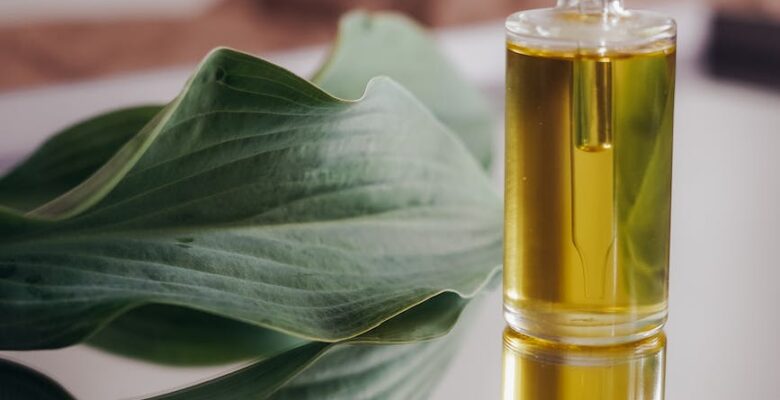Essential oils are concentrated extracts of plants.
Essential oils are incredible. There are numerous advantages. The problem lies in how people use them.
Here is information about 11 essential oils, their advantages, and how to utilize them effectively.
What exactly are essential oils?
For years, alternative medicine aficionados have believed in the potency of essential oils. However, with their rising availability (and alleged health benefits), they are entering the mainstream.
“Plants are composed of structural materials as well as phytochemicals. These chemicals have properties that benefit not only the plant but also people,” explains Dr. Lin.
A large quantity of plant materials are needed to obtain essential oil, which can make them pricey. As an example:
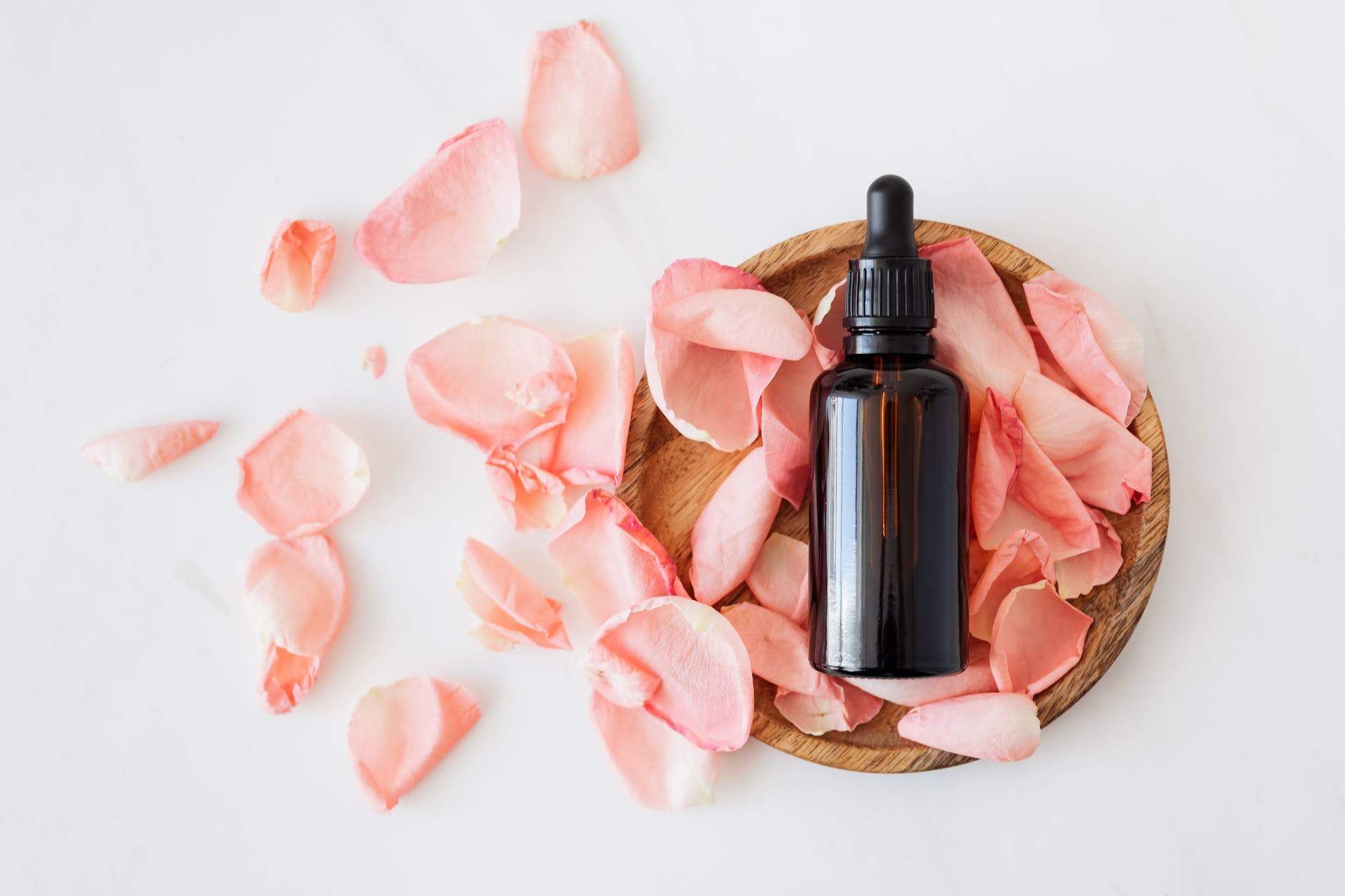
- 1 lb of lavender essential oil is made from around 250 pounds of lavender flower.
- 1 lb of rose or lemon balm essential oil requires approximately 5,000 pounds of rose petals or lemon balm.
The Advantages of Essential Oils
These oils can be rubbed directly onto the skin or utilized in aromatherapy, a type of medicine that uses fragrance to improve your health.
Essential oils can help in:
- Improve your mood.
- Reduce stress and boost attentiveness to improve job performance.
- Improve your sleep.
- Bacteria, fungi, and viruses must be eliminated.
- Reduce stress and pain.
- Inflammation should be reduced.
- Reduce your nausea.
- Headaches should be relieved.
Here is a list of examples of essential oils and their uses:
Lavender essential oil
Dr. Lin’s favorite oil is lavender. “It’s gentle and has a lot of advantages.” “It can be used in a variety of ways,” she explains.
Try aromatherapy by adding it to a bath or diffuser, making a room spray or body spritzer with it, or combining it with a base oil to make body oil.
Stress, pain, and sleep can all benefit from lavender. Hospitals used lavender as a cleaning agent before the discovery of antiseptics.
Using lavender and tea tree oil has also been shown in tests to disrupt hormones in young boys potentially.
Tea tree essential oil
According to Dr. Lin, the majority of people use tea tree oil as an antiseptic, antibacterial, or antifungal. It can also be used to treat acne. Dip a cotton ball/swab into tea tree oil and apply it to the acne without diluting it. It can help resolve acne faster.
Athlete’s foot and ringworms are two examples of fungal infections. “Dilute it with a carrier oil, like sunflower or coconut oil, and put the blend on the affected skin.”
Dr. Lin advises against diffusing tea tree oil if you have small children or animals at home because it can be neurotoxic.
Frankincense essential oil
Frankincense is sometimes known as the “King of Oils.” It aids with inflammation, mood, and sleep. According to research, it can also help with asthma and may help oral health, like gum disease.
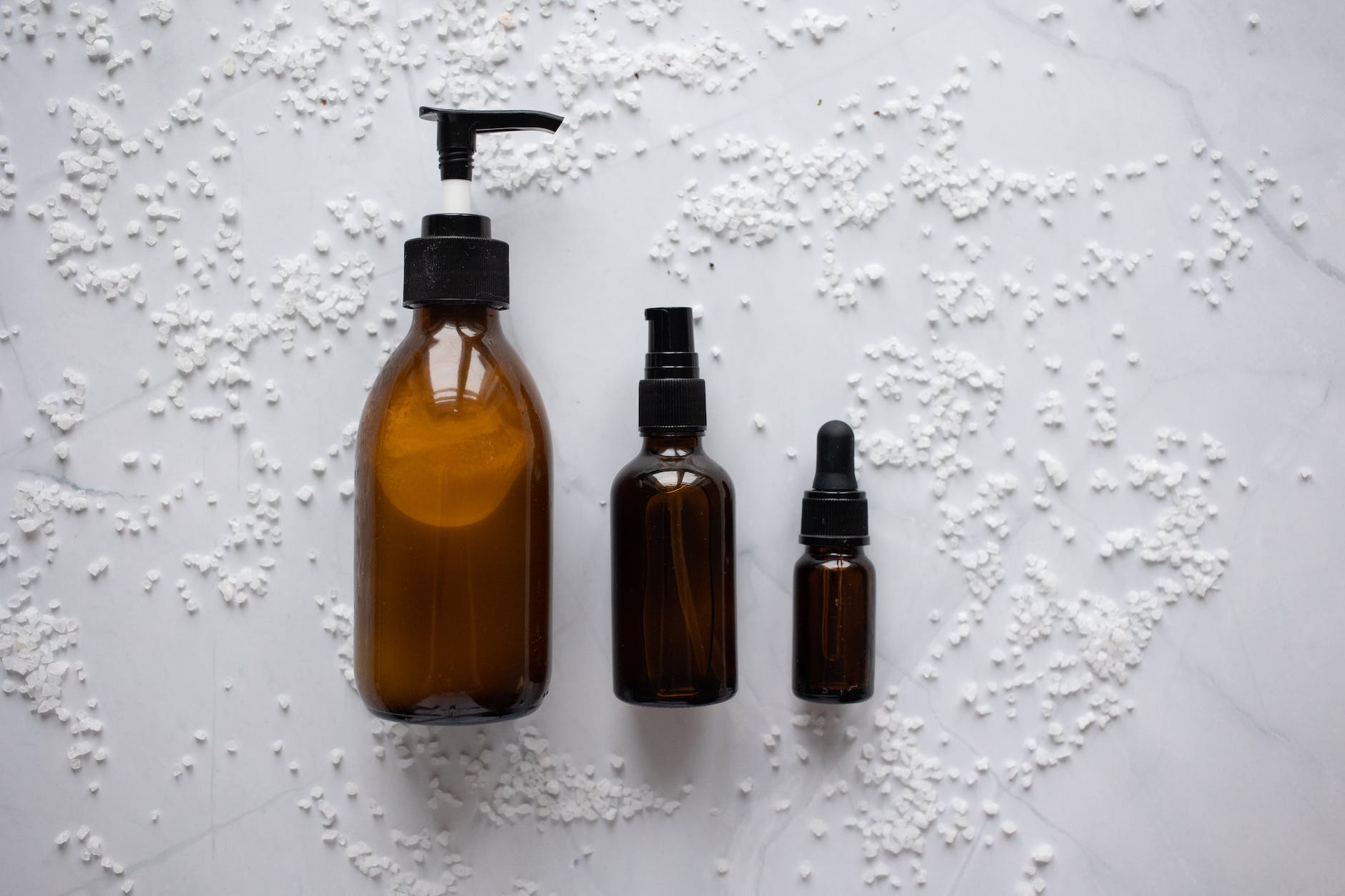
This oil has a woody, spicy scent and is used in aromatherapy and skin treatments. Before applying frankincense oil to your skin, dilute it.
Peppermint essential oil
Peppermint oil is anti-inflammatory, antifungal, and antibacterial.
- Relieve headaches.
- Combat weariness.
- Improve your mood.
- Reduce intestinal spasms.
- Help with memory.
- Aid in digesting.
- This oil can help settle your stomach if you have gastric irritation or irritable bowel syndrome.
Make sure to dilute the oil before applying it.
Eucalyptus essential oil
This oil can help relieve a stuffy nose, allowing you to breathe a bit easier. Another popular oil is peppermint oil.
Because it has anti-inflammatory and antibacterial characteristics, it can also reduce pain and fight the herpes simplex virus.
When using eucalyptus oil, use caution and dilute it before applying topically. It should not be consumed and can have harmful effects on children and pets.
Lemon essential oil
This oil is extracted from the lemon peel and can be dispersed into the air or applied directly to your skin with carrier oil.
Lemon oil has been shown to alleviate anxiety and despair.
- Reduce pain.
- Reduce nausea.
- Reduction in bacteria.
According to one study, aromatherapy with essential oils such as lemon oil may improve cognitive performance in persons with Alzheimer’s disease.
Lemon oil is suitable for topical and aromatherapy use. However, some studies have found that lemon oil can make your skin sensitive to the sun, increasing your risk of sunburn. After use, avoid direct sunlight exposure. Lemon, orange, lime, grapefruit, lemongrass, and bergamot oils are included.
Lemongrass essential oil
Lemongrass oil has a distinct citrus aroma and is used to treat stress, anxiety, and sadness.
Its antimicrobial characteristics make it an effective natural medicine for wound healing and germ-killing. It has been demonstrated to inhibit fungus growth in athlete’s foot, ringworm, and jock itch.
According to one study, utilizing lemongrass oil can assist lower blood sugar levels for people with type 2 diabetes.
Before applying to your skin, make sure you use a carrier oil.
Orange essential oil
You get this by extracting oil from the rinds of citrus fruits. You may use a diffuser to release the oil into the air, apply it directly on the skin after diluting it with a carrier oil, or use it as a natural cleaner around the house.
- Orange oil has been shown to Kill bacteria.
- Reduce your stress.
- Pain should be reduced.
Orange oil can make your skin sensitive to sunlight, so use caution when applying it on your skin and then going outside.
Rosemary essential oil
You’ve probably used rosemary to flavor some of your meals. However, rosemary oil has other benefits, such as boosting cognitive function, stimulating hair development, improving mood, lowering pain and stress, and reducing joint inflammation.
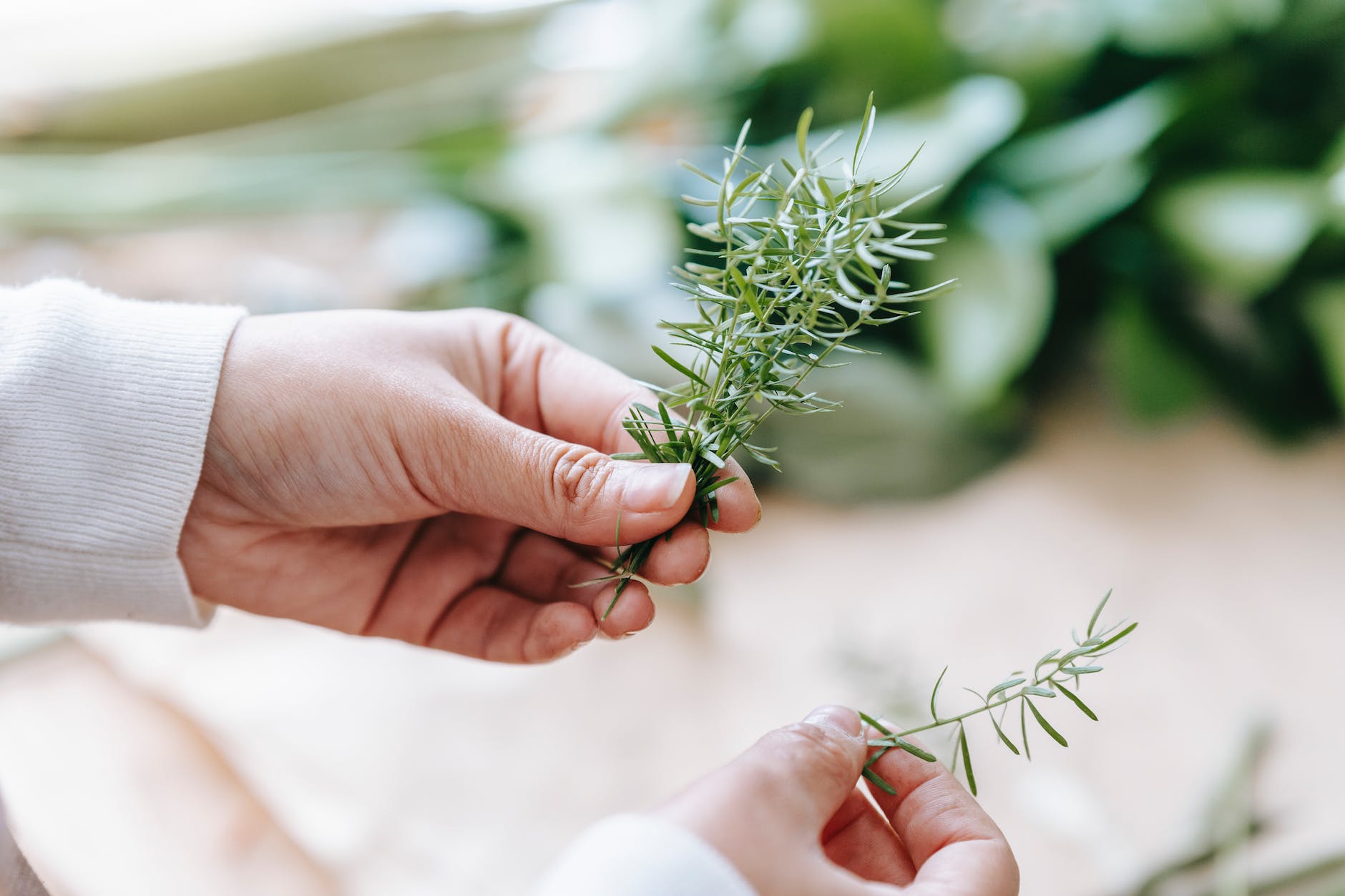
You can use rosemary in aromatherapy and topically on the skin when combined with carrier oil. It is best to avoid taking rosemary oil if you have epilepsy, are pregnant, or have high blood pressure.
Bergamot essential oil
What exactly is bergamot? If you like Earl Grey tea, you’ve probably had bergamot. This oil has a fruity and floral perfume and can be used with a diffuser or applied topically with a carrier oil (although it can make your skin sun sensitive).
Bergamot oil has been shown to
- Relieve anxiety.
- Improve your mood.
- Reduce your blood pressure.
Cedarwood essential oil
With its woodsy aroma, cedarwood oil, which has antioxidant and antibacterial effects, is a popular ingredient in insect repellant, shampoo, and deodorant. Cedarwood oil can also be used to help with anxiety and sleep.
Cedarwood oil can be used as aromatherapy as well as a topical treatment when blended with a carrier oil.
How to Make Use of Essential Oils
Because essential oils are so potent, Dr. Lin advises being careful of why and how you use them. Only a few amounts are needed, usually just a few drops.
It’s a good idea not to use them routinely. As your body gets used to them, their effectiveness is lowered.
Here are several applications for essential oils:
- Disperse them
- Aromatherapy is achieved by diffusing essential oils.
“It’s a great way to quickly change your mood.” Dr. Lin states that “as you breathe in, the aroma of the oil stimulates your central nervous system, triggering an emotional response, which can reduce anxiety and stress response quickly.”
Other aromatherapy techniques are as follows:
The traditional method. After opening the bottle, take deep breaths of the perfume.
Evaporation without water. Drop a couple of essential oils on a cotton ball or cotton pad and inhale the aroma as it dissipates.
Inhalation of steam. In a bowl of boiling water, add a few drops of essential oil. Place your head over the bowl, cover your head with a towel, and inhale the steam.
Dr. Lin cautions that aromatherapy may not be as effective for older persons with dementia or behavioral issues. This could be because people lose their sense of smell as they age.
Apply straight to your skin.
Another way you can get benefits from essential oils s is by putting them on your skin, where they are absorbed into your body. However, Dr. Lin advises avoiding applying most essential oils directly to your skin.
For most essential oils, it’s best to dilute it with a carrier oil, such as jojoba or coconut oil, to reduce skin irritation,” she said.
Some people store their essential oil blend in a tiny bottle with a rollerball top for ease of use.
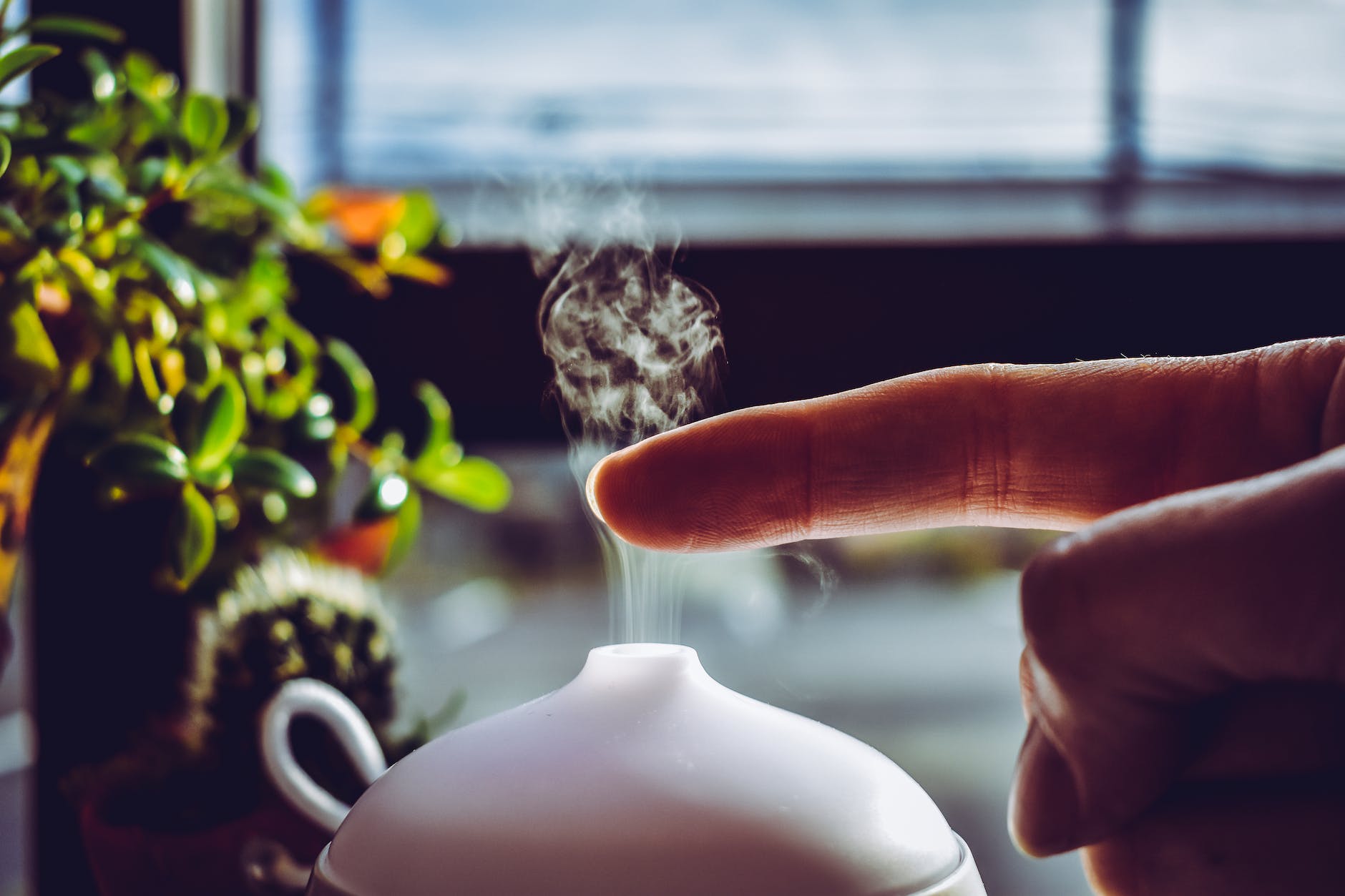
How To Consume
Some people consume essential oils orally in the form of beverages, supplements, or even a drop or two on their tongue.
“Unless directed by a trained herbalist, I advise against using them in this manner.” “Because they’re so potent, they could be harmful,” warns Dr. Lin. “Even if you only use a few drops of essential oil, you’re consuming a lot of plant material without even realizing it.” They can even damage your mouth’s mucosal lining.”
Some food recipes call for essential oils such as orange, but always double-check the dose and follow the guidelines carefully.
To Conclude
Use caution when you use essential oils in youngsters, pregnant women, those with compromised immune systems, and the elderly.
When used in excess, some essential oils can be harmful to the nervous system and liver. Seizures have also been linked to tea tree and eucalyptus oil, according to Dr. Lin. “They’re toxic for animals as well.”
